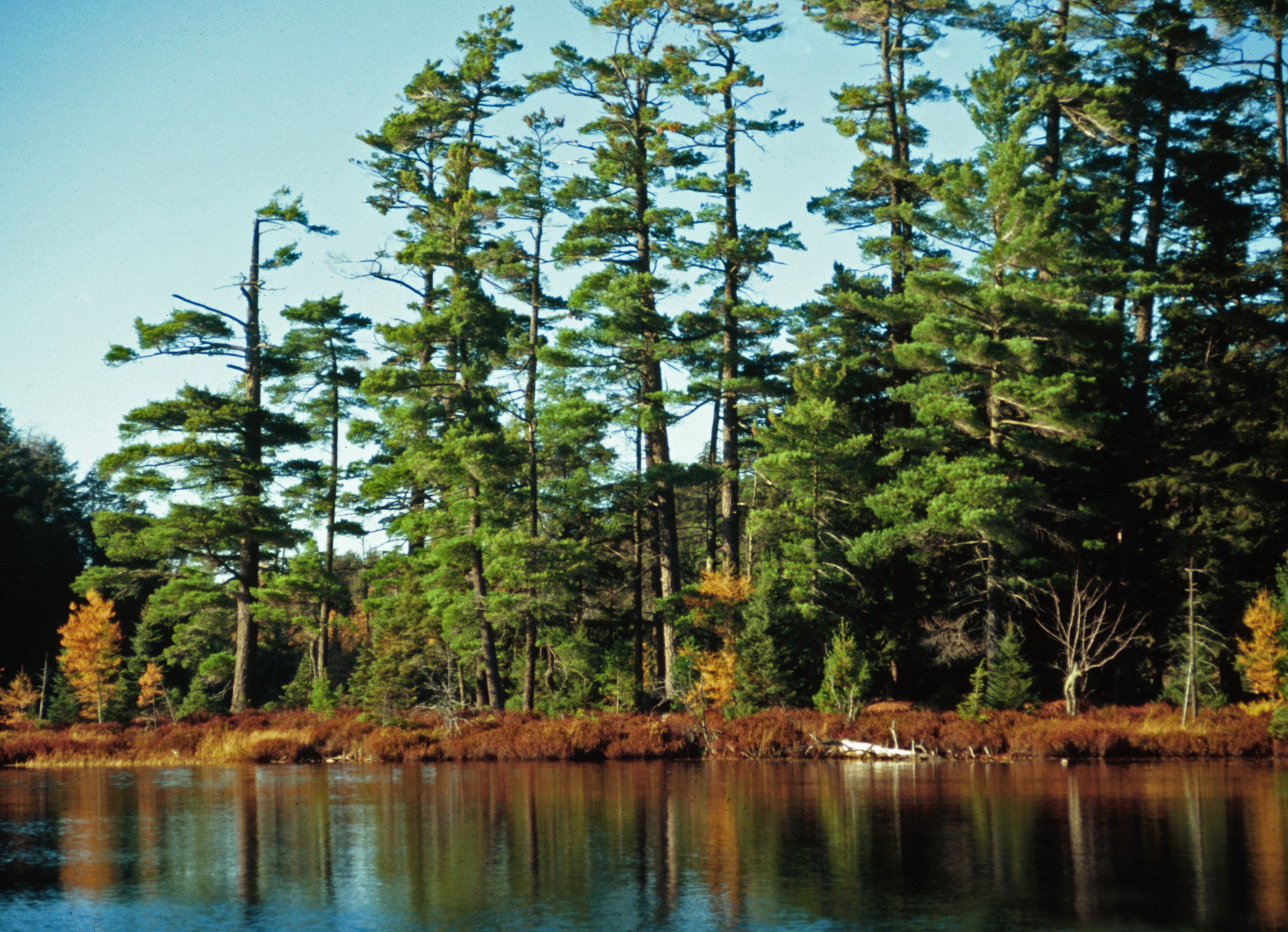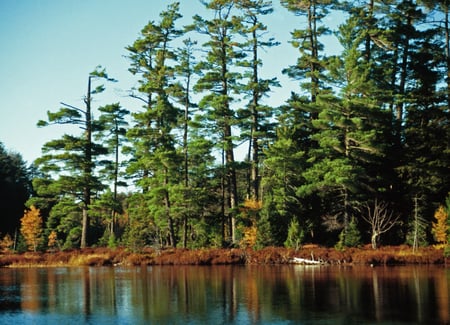2 min read
3 Reasons Forests are Invaluable to Both Humanity and the Environment
Angelina Stewart & Stephan Vorreiter : November 13, 2019

Forest2Market recently hosted two students from the British International School in Charlotte, NC in support of the school’s intern program for ninth graders. During their week with us, students Angelina Stewart and Stephan Vorreiter learned about Forest2Market’s analytics-based products, the diversity of the global forest supply chain, and the importance of working forests for societies, economies and the environment. Their final assignment was to write and publish a post on Forest2Market’s MarketWatch blog covering forests and their irreplaceable value to humanity and the environment. We enjoyed our time with Angelina and Stephan, and we appreciate their contribution to our blog!
Over the past decade, climate change has been a ubiquitous talking point in the media. It has become widely accepted that a concerted focus towards reducing the amount of carbon in the atmosphere will be crucial to the long-term health of our planet. When further examining the climate debate, one aspect always lies at the forefront: Forests.
Some see the numerous benefits of this renewable resource as the primary solution to easing the effects of climate change while others are skeptical. Nevertheless, the world’s forests have unparalleled socioeconomic and environmental benefits, some of which are highlighted in the following sections.
- Forests help to ensure economic opportunities and stability. They provide raw materials that can be used to produce wood products, benefitting rural communities as well as the national economy. Forest industries help to reduce the unemployment rate and the value of the manufactured goods aids in supporting both the economy and forest growth.
In developing countries, forests can introduce a stable source of revenue. However, economic growth in many such countries is frequently associated with environmental degradation, including forest mismanagement. Incorrect harvesting of woodlands is often perpetuated by poor governance, political conflict and the lack of monitoring systems. In many developed nations, this risk is not apparent. Although advanced economies make use of the forest industry as a source of income, responsible management and efficient forestation that is enabled through innovative software and data analyses increases timberland productivity and further improves the production cycle. Forests enable economies to flourish. Nations with ecological priorities that aim to aid in the creation of a sustainable world must use and safeguard their forest resources responsibly.
- Forests are important for our health and the health of the planet. Forests help to produce the fresh air we all need to survive and thrive. Clean air from forests helps to boost the immune system, lower blood pressure, increase energy levels and help us recover from injury or sickness. Fresh air from the forest also produces phytoncides, which are airborne chemicals that plants emit to protect themselves. Phytoncides are beneficial for both people and plants because they have antibacterial and antifungal attributes and when we breath in these substances, our bodies increase the number and activity of natural “killer cells,” a type of white blood cell, which help to kill harmful viruses and tumor cells.
- Forests are a primary contributor to the Earth’s ability to maintain its climate. A tree’s photosynthesis process naturally helps to combat climate change by removing harmful carbon dioxide from the atmosphere that causes rising temperatures. Forests also help to prevent soil erosion by absorbing and utilizing rainfall, and forests contain an enormous range of biodiversity that is beneficial to the entire planet. Many medicines and pharmaceuticals have been found in plants that are native to forest ecosystems, and there are many undiscovered cures as well.
Forests also produce a number of timber products that modern society depends on, including all kinds of papers and tissues, lumber to build our homes and offices, and biomass that can be used to create electricity. Other items like spices, gums and dyes also come from many of the world’s diverse forests.
Forests are crucial to the development of healthy societies, functioning ecosystems and thriving economies, and forests will also play an important role in our transition to renewable energy sources in the future. Bioenergy from wood is a sustainable way of producing energy that is also carbon neutral, unlike coal or oil. We cannot rely on these energies to accommodate the rapidly expanding population of the earth. Our gaze will therefore be directed toward renewable sources like wood. Not only are forests important in the current climate debate, but the future of our planet will depend in part on the innovative thinking of the forest industry and the sustainable management of the world’s forests.




